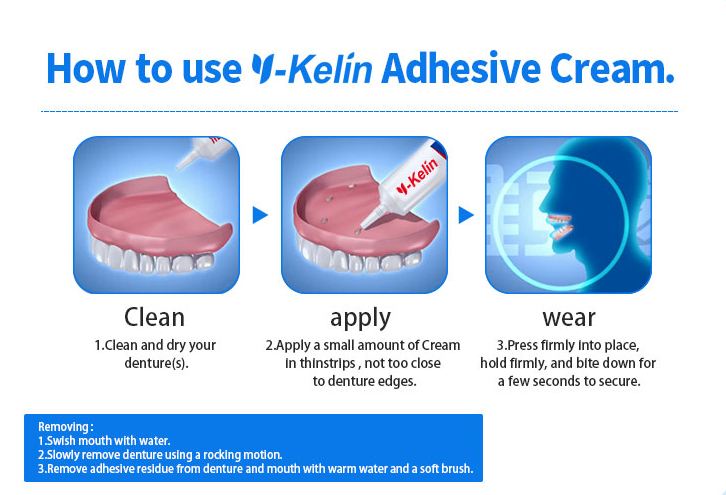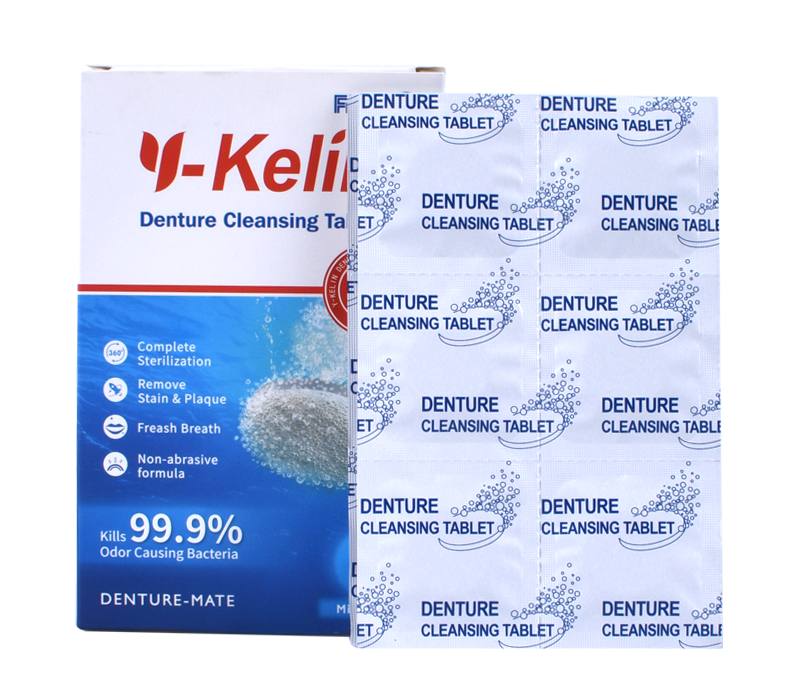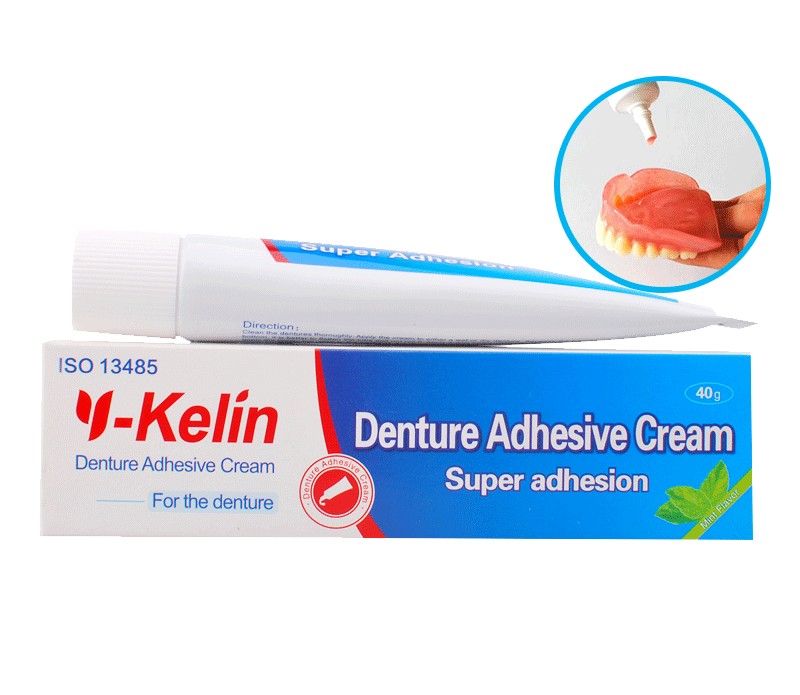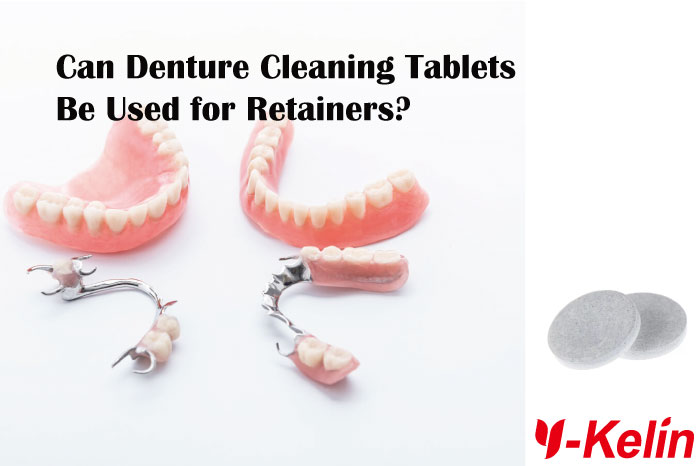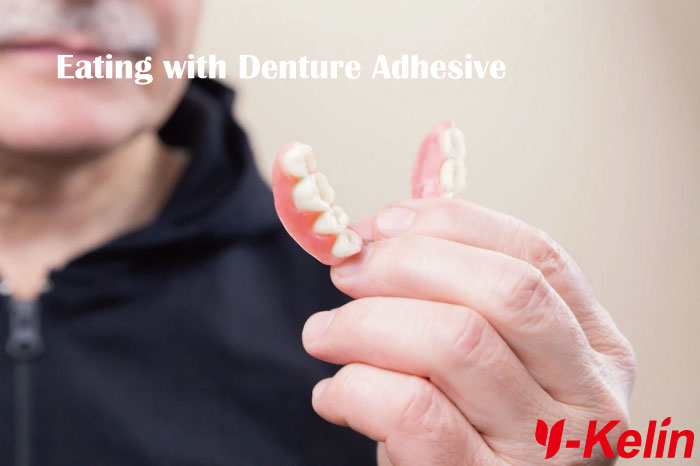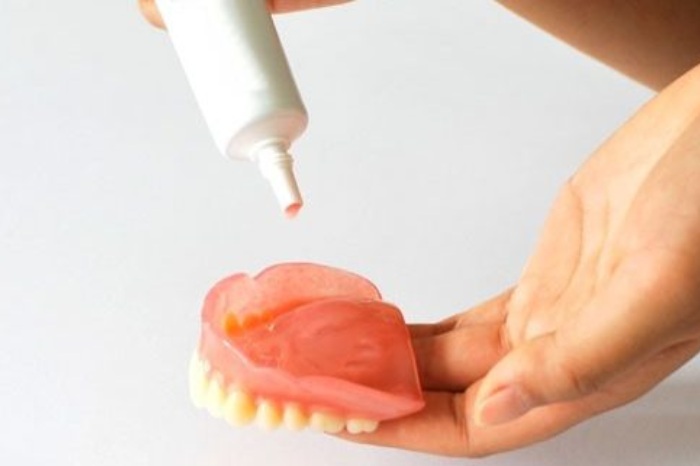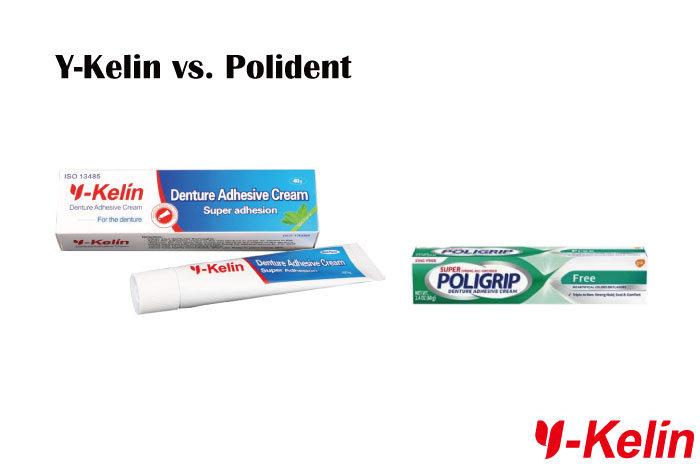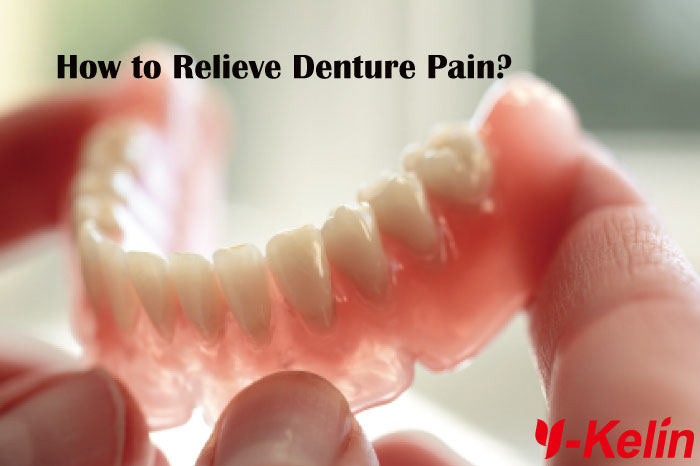
How to Relieve Denture Pain?
Published On:
Denture pain can make daily life difficult. The discomfort can affect eating, speaking, and even smiling. If you’re struggling with sore gums or painful dentures, you’re not alone.
Denture pain happens when your gums are irritated by poor fit, pressure, or friction. Adjustments, proper care, and pain relief methods can help. Here’s what you need to know.
Pain doesn’t have to be part of wearing dentures. If you’re wondering how to relieve discomfort and keep your gums healthy, keep reading.
How to Relieve Denture Pain?
What Causes Denture Pain?
Denture pain can come from different issues. Some are easy to fix, while others need professional help. Knowing the cause helps you find the right solution.
Ill-fitting dentures, gum irritation, infections, and pressure points cause denture pain. The gums need time to adjust, but persistent pain means something is wrong.
Common Causes of Denture Pain
| Cause | Explanation |
|---|---|
| Poor Fit | Dentures that are too loose or tight cause friction and pressure. |
| Gum Inflammation | Sore, swollen gums can result from bacteria, dryness, or improper cleaning. |
| Pressure Points | Uneven pressure causes discomfort, especially when chewing. |
| Infection | Yeast or bacterial infections can make gums painful and swollen. |
| Adjustment Period | New dentures need time to feel comfortable, which can take weeks. |
If your dentures hurt constantly, don’t ignore it. Understanding the root cause is the first step toward relief.
Signs of Denture Pain
Denture pain isn’t always obvious at first. It may start as mild irritation and worsen over time. Pay attention to these warning signs.
Tender gums, sore spots, and difficulty chewing are common signs of denture pain. Other symptoms include redness, swelling, and discomfort while speaking.
How to Identify Denture Pain Early
| Sign | What It Means |
|---|---|
| Red or Swollen Gums | Possible irritation, pressure, or infection. |
| Sore Spots | Dentures rubbing against certain areas cause pain. |
| Difficulty Eating | Pain while chewing may indicate poor fit or pressure points. |
| Mouth Sores | Frequent ulcers suggest ongoing irritation. |
| Speech Problems | Uncomfortable dentures can change how you speak. |
If you notice any of these signs, it’s time to take action.
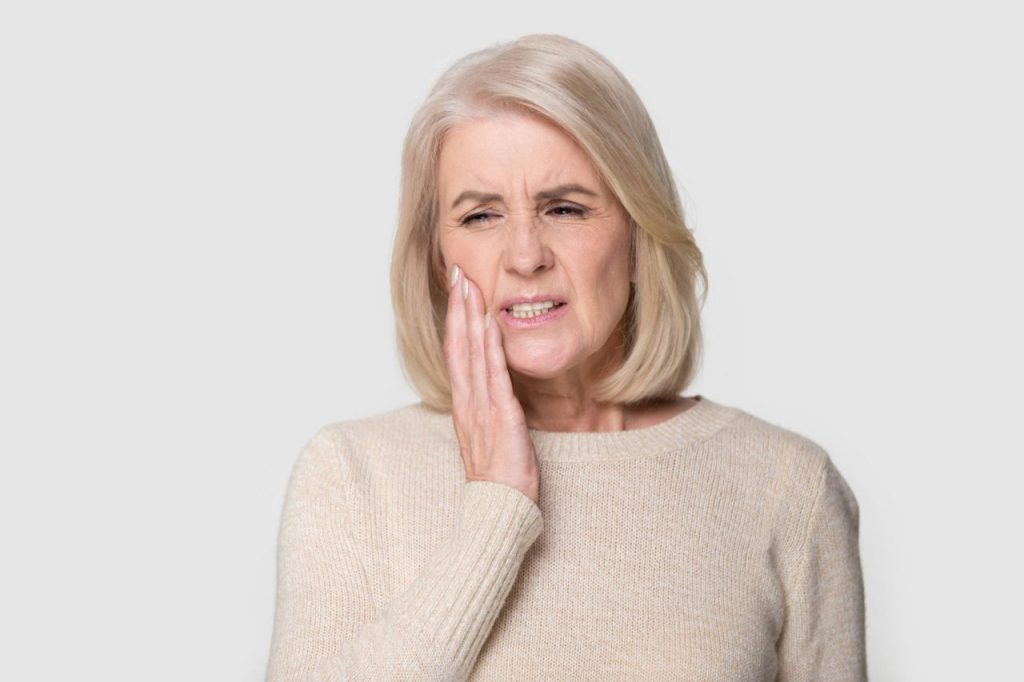
How to Do?
If your dentures hurt, don’t suffer in silence. There are simple steps you can take to reduce pain and improve comfort.
Try denture adjustments, good cleaning habits, and pain relief methods. Soaking, massaging gums, and using denture cushions can also help.
Steps to Relieve Denture Pain
| Solution | Description |
|---|---|
| Get Adjustments | A dentist can reshape dentures for a better fit. |
| Keep Gums Clean | Brush your gums daily to prevent irritation. |
Clean Your Dentures | Reduces swelling and soothes sore spots. |
| Apply Denture Cushions | Adds a soft barrier to reduce friction. |
| Take a Break | Removing dentures at night lets gums rest. |
It is very important to keep your mouth and denture clean to prevent oral health problems. See How to use Y-kelin Denture Cleaner Tablets.
Simple changes can make a big difference in how your dentures feel.
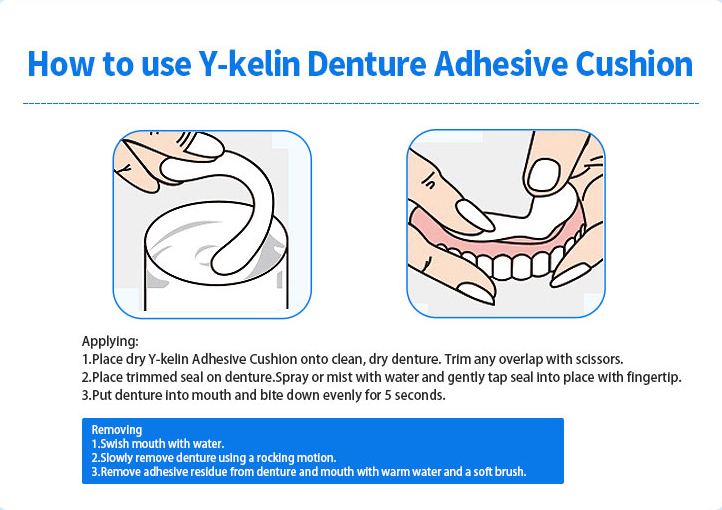
How to Keep Gums Healthy?
Healthy gums mean comfortable dentures. Taking care of your gums prevents pain and keeps your mouth in good shape.
Brush, massage, and keep your gums moisturized. Avoid hard foods, stay hydrated, and use a gentle denture cleanser.
Essential Gum Care Tips
| Tip | Why It Helps |
|---|---|
| Brush Gums Daily | Prevents bacteria buildup and irritation. |
| Massage Gums | Improves circulation and reduces soreness. |
| Stay Hydrated | Dry mouth can make dentures more uncomfortable. |
| Avoid Hard Foods | Chewing tough foods increases gum pressure. |
| Use a Soft Rinse | Alcohol-free rinses keep gums healthy. |
Healthy gums make wearing dentures much easier.
How Do I Stop My Dentures from Hurting?
If your dentures cause pain, you need a solution that works fast. Ignoring the pain will only make things worse.
Stop denture pain by adjusting the fit, cleaning them properly, and using pain relief products. Professional adjustments may also be needed.
Quick Pain Relief Options
| Method | How It Helps |
|---|---|
| Dental Adhesive | Creates a cushion to reduce friction. |
| Pain Relief Gel | Numbs sore spots and eases irritation. |
| Warm Compress | Soothes sore gums and reduces swelling. |
| Soft Diet | Avoids pressure on tender gums. |
| Denture Reline | A dentist can reshape the fit. |
Don’t wait for pain to get worse—act early to find relief.
How Long Does It Take for New Dentures to Settle?
New dentures don’t feel natural overnight. Your mouth needs time to adjust.
It takes about 2-4 weeks for new dentures to settle. Some discomfort is normal, but persistent pain may mean they need adjustments.
What to Expect in the Adjustment Period
| Time Frame | What Happens |
|---|---|
| First Few Days | Sore spots, speech changes, and mild discomfort. |
| First Two Weeks | Gums start adjusting, but some irritation may continue. |
| One Month | Most people feel comfortable wearing dentures. |
Being patient and following care tips will make the process smoother.
Why Do I Keep Biting Down on My Dentures?
Biting down too much can indicate an issue with fit or habit.
If you keep biting down on dentures, they may be too loose or not aligned properly. Muscle memory also plays a role in new denture wearers.
How to Fix This Problem
| Cause | Solution |
|---|---|
| Loose Dentures | Use adhesive or visit a dentist for adjustments. |
| Bad Fit | A reline or new dentures may be needed. |
| Habit | Be mindful of clenching and practice relaxing your jaw. |
If this continues, a dental check-up may be necessary.
Why Are My Dentures Making the Roof of My Mouth Sore?
Pain on the roof of your mouth means something isn’t right.
Dentures can irritate the roof of the mouth due to poor fit, excessive pressure, or an allergic reaction to the material.
Common Causes and Solutions
| Cause | Fix |
|---|---|
| Too Much Pressure | Adjustments can reduce strain. |
| Hard Denture Base | A softer reline can add comfort. |
| Allergic Reaction | Try hypoallergenic materials. |
Addressing the root issue can stop the pain.
How Long Does a Denture Sore Last?
Denture sores are common, but they shouldn’t last forever.
Most denture sores heal within a few days to a week if you remove pressure and keep the area clean. Persistent sores need a dentist’s help.
Healing Time and What to Do
| Type of Sore | Healing Time | Treatment |
|---|---|---|
| Mild Irritation | 2-3 Days | Remove dentures, use warm salt water rinses. |
| Pressure Sores | 1 Week | Adjustments or relining may be needed. |
| Infection | Varies | Medication or antifungal treatment required. |
If sores don’t heal, get professional advice.
How Can I Make My Immediate Dentures More Comfortable?
Immediate dentures help replace missing teeth right away, but they often feel uncomfortable at first.
To make immediate dentures more comfortable, follow adjustment tips, use pain relief, and give your gums time to heal. Relines may be needed.
Comfort Tips for Immediate Dentures
| Tip | Why It Works |
|---|---|
| Eat Soft Foods | Reduces pressure on healing gums. |
| Use Rinses | Helps prevent irritation and infection. |
| Apply Cushioning | Soft liners or adhesive can ease discomfort. |
With time and care, immediate dentures can feel much better.
Conclusion
Denture pain isn’t something you have to live with. Proper adjustments, cleaning habits, and pain relief solutions can make dentures more comfortable. If pain persists, a dentist can help find the best solution.
Get in Touch with Y-Kelin
Have questions or need more information? Contact us today, and our dedicated team will assist you promptly.


Y-Kelin is a trusted manufacturer of high-quality denture care products, including denture cleaning tablets, adhesive creams, and retainer cleaning solutions, offering customized services for global partners.
